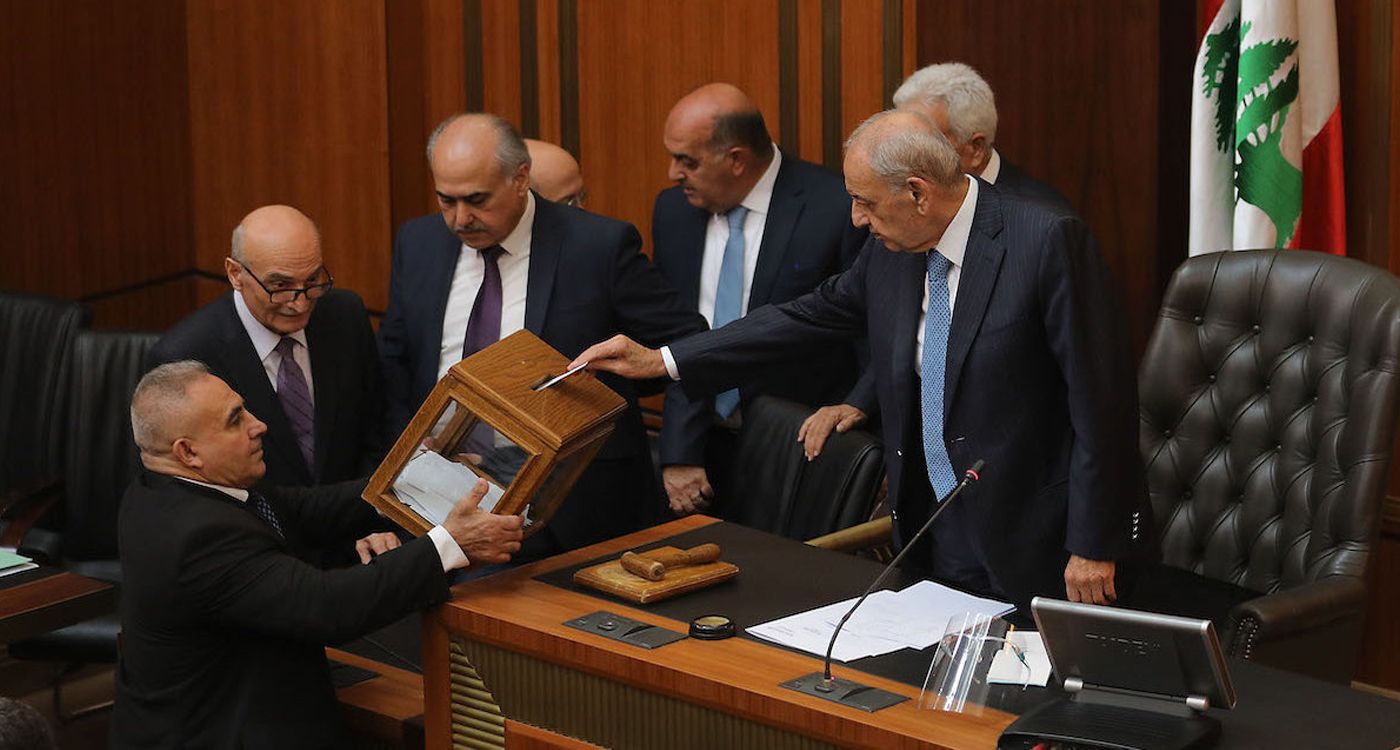
Some may argue that electing a new president before achieving a ceasefire and ending the Israeli war on Hezbollah is illogical, because it contradicts the natural course of events. How can MPs head to the Parliament and cast their votes under the pressure of Israeli airstrikes, even if those strikes are on the outskirts of the capital and not in its center where the Parliament is located?
Others, particularly those aligned with the "Resistance" bloc (if that term still applies), might consider the current rush to elect the awaited president misplaced or "premature," given the significant changes brought about by recent events. These events include the escalation of the Israeli war, the assassination of Hezbollah's Secretary-General Hassan Nasrallah, and the international hesitation to apply the necessary pressure on Israel in order to halt its war on Lebanon.
The remarks made by the party’s Deputy Secretary-General, Naim Qassem, in his second televised appearance since Nasrallah’s assassination – that the priority is to secure a ceasefire before discussing any other matters – underline the fact that the political efforts, which started at the tripartite meeting in Ain al-Tineh to reinvigorate the presidential election process, might be constrained in these difficult times for Lebanon – and for Hezbollah, naturally.
Some believe that Hezbollah, which suffered significant losses in recent weeks, is trying to block the election of a president to buy time, catch its breath, and assess the period between the ceasefire and what follows immediately thereafter. It's as if the group is telling everyone not to rush to "bury" it, especially with Qassem’s repeated assurances that the "command and control" mechanisms are now fully in place and that replacements for the assassinated leaders have taken over their duties.
This stance is a clear response to all those who have been betting on a complete "shift" of the movement towards politics, abandoning military and fieldwork, which they see as a mere illusion that will not succeed, no matter how strong Israel’s targeting of Hezbollah, its infrastructure, finances, military and leadership becomes.
It is hard to imagine that the Islamic Republic of Iran, which has "invested" in this organization since the 1980s and has come to see it as the crown jewel of the “Resistance axis,” would abandon all the efforts it has made so patiently over the years. All the talk of Iran "selling out" the Shiite movement and its leadership does not seem logical, even if developments may have pushed it to "slow down" its momentum somewhat in accordance with its direct interests and its political calculations with major global players, especially the United States, which is currently focused on a fiercely competitive presidential election campaign, requiring Tehran to be patient and wait for the outcome.
But what would it mean for Lebanon to "push through," so to speak, with electing a new president at this specific moment, especially if it’s a consensual candidate? Practically, it would mean reducing the political, military, security and economic exposure. It would mean completing the constitutional framework by forming a fully empowered government capable of leading the coming phase. It would also mean making serious efforts to prioritize the ceasefire above all else and gradually restoring confidence in Lebanon, its institutions and its role.
The challenges are significant, but electing a president is the gateway to putting the country back on the right track.




Comments